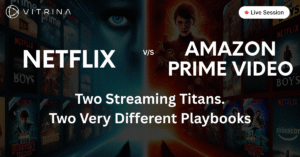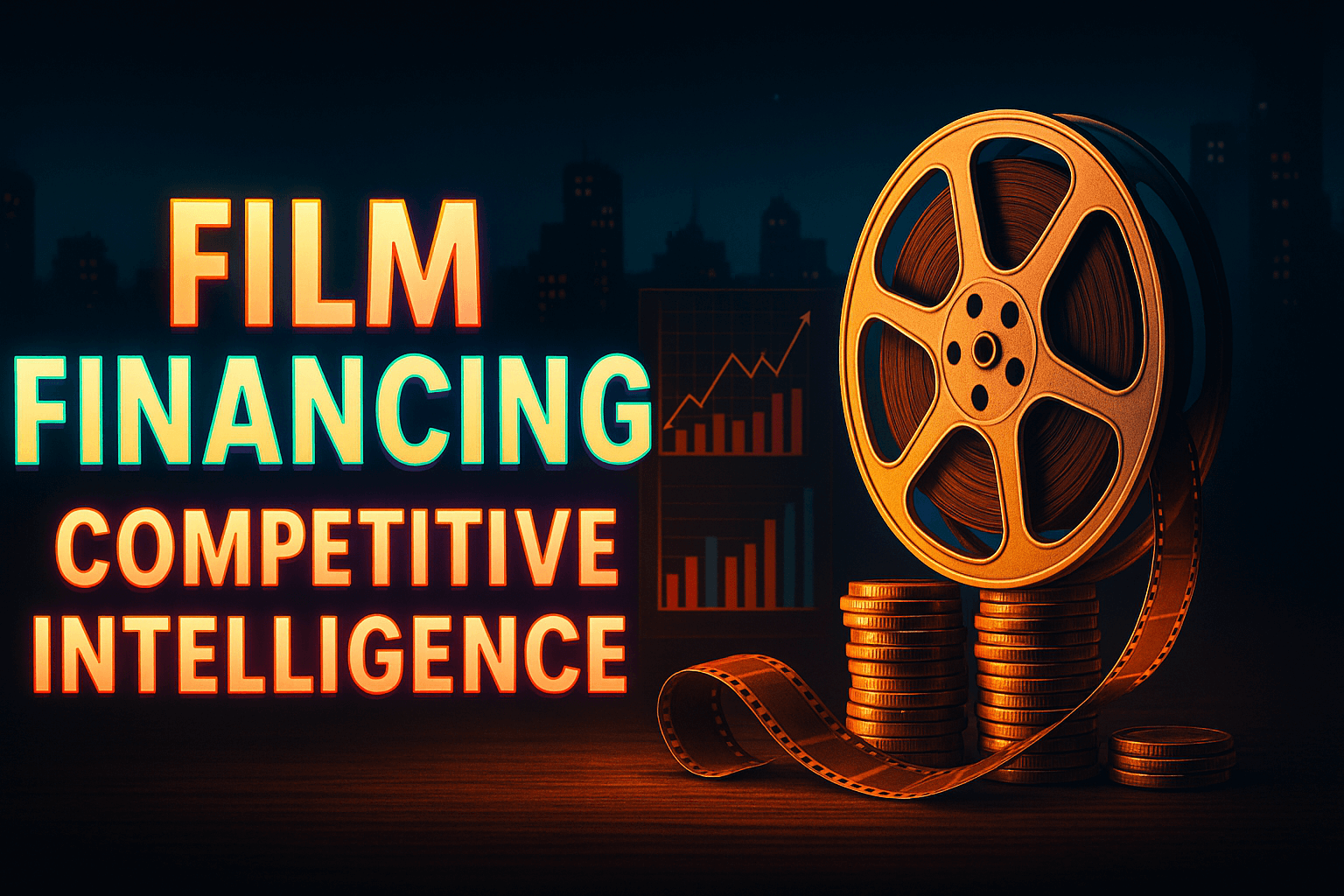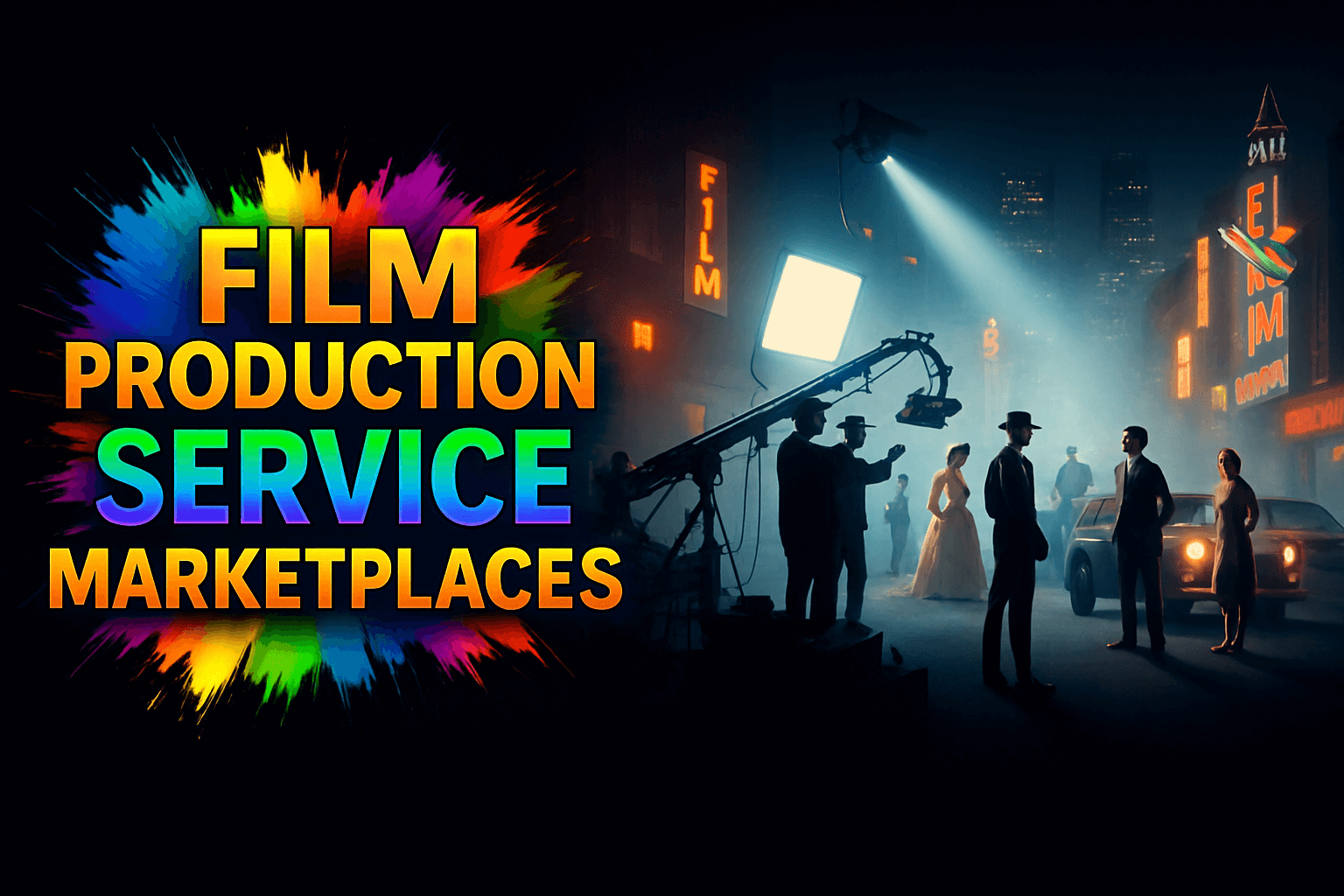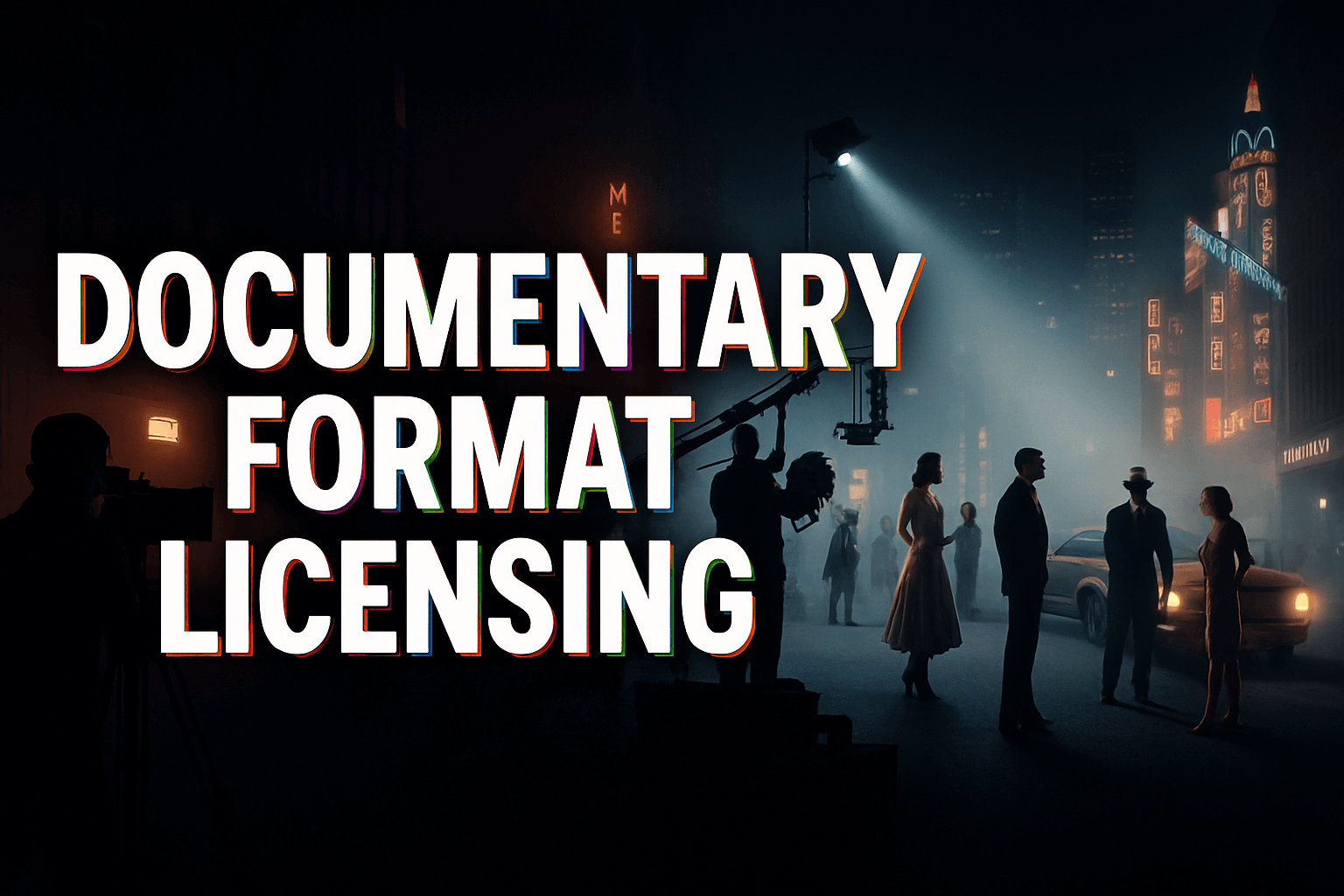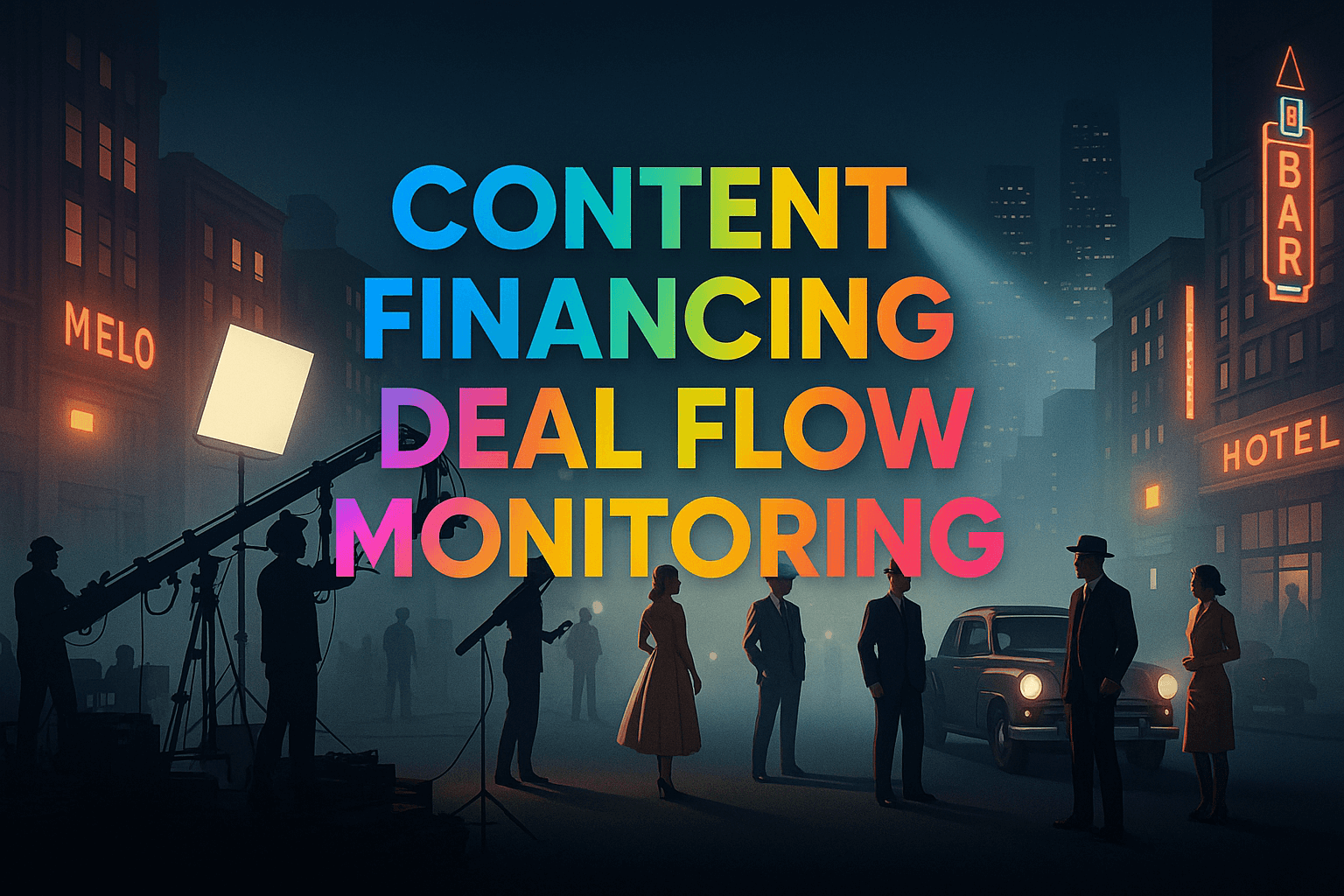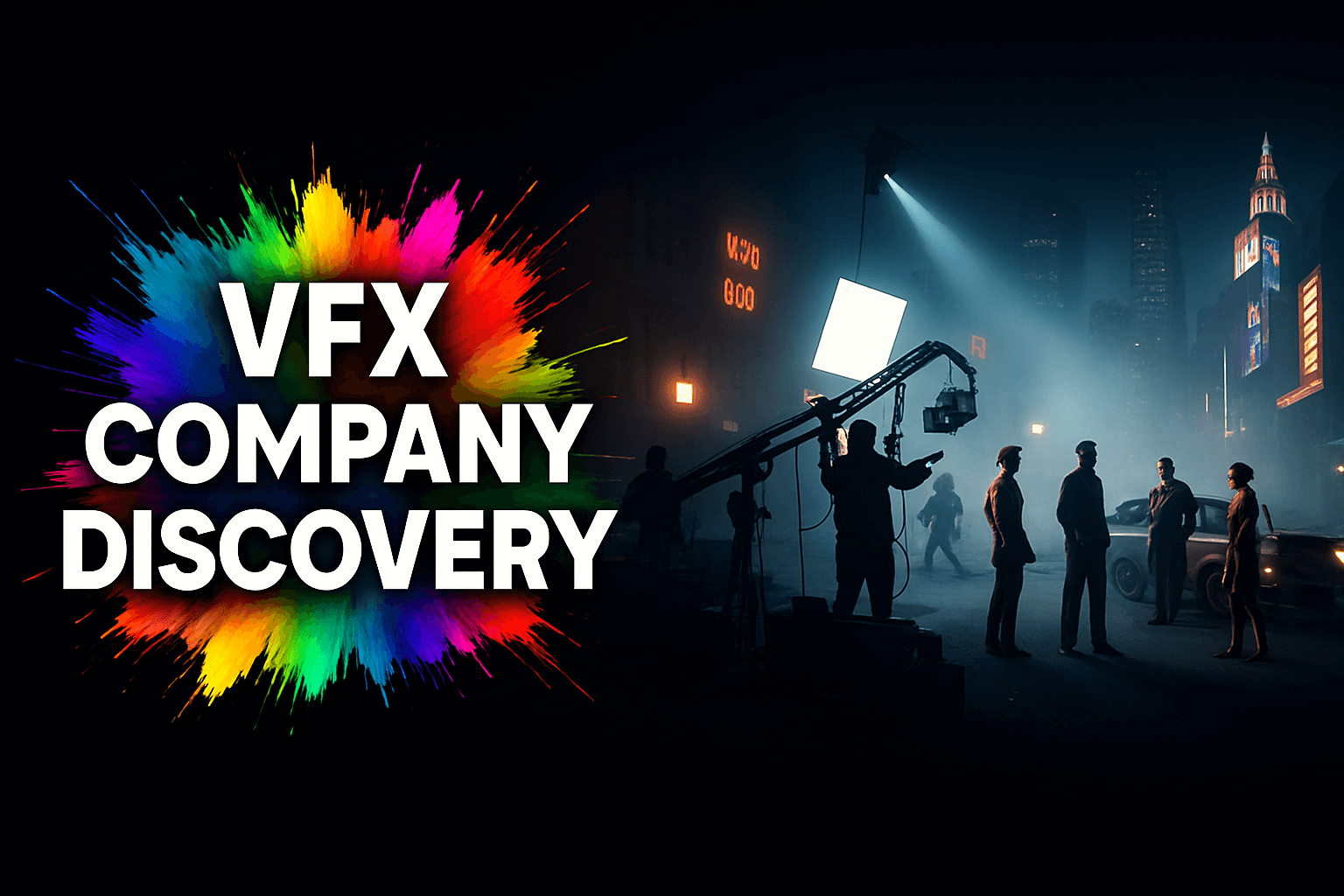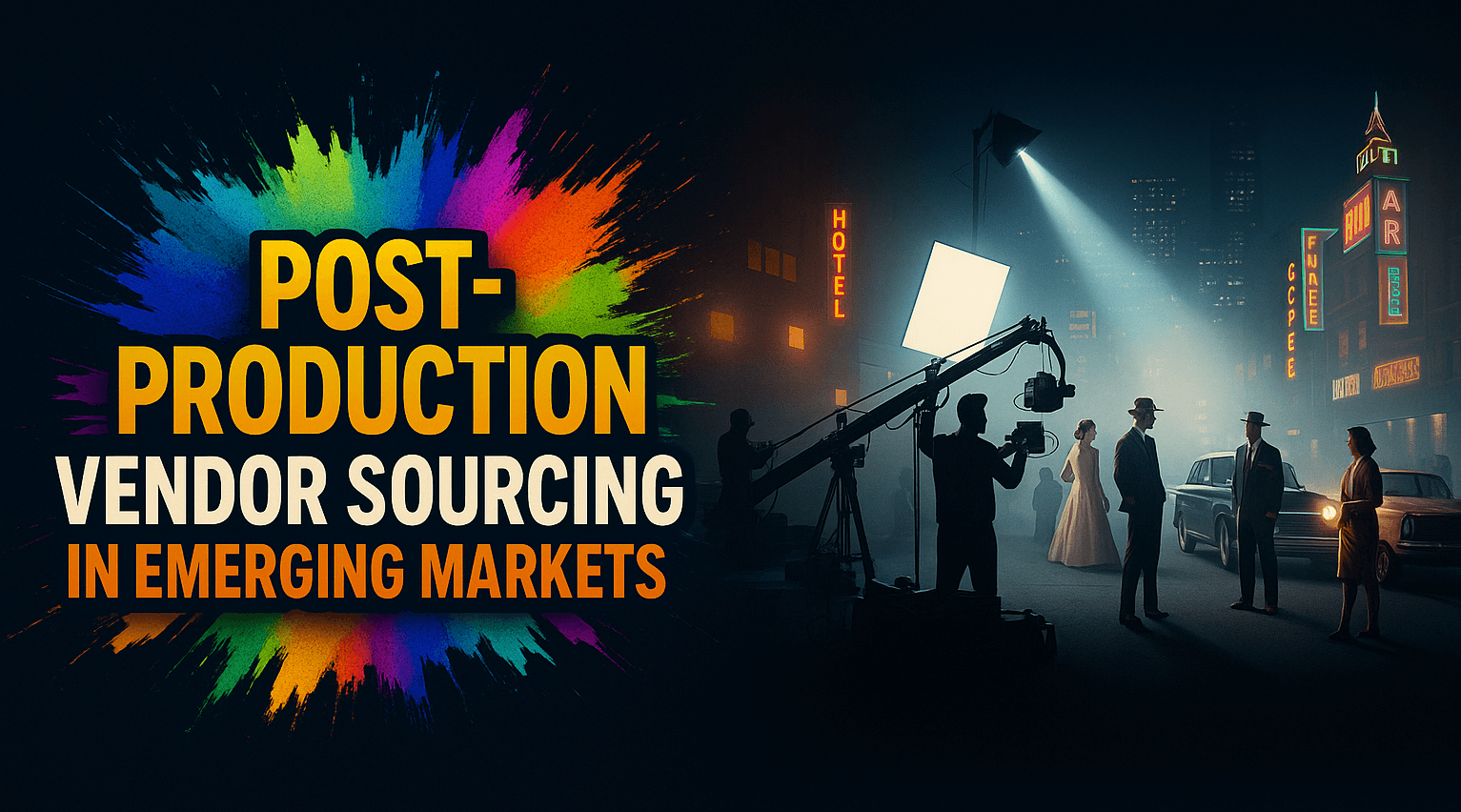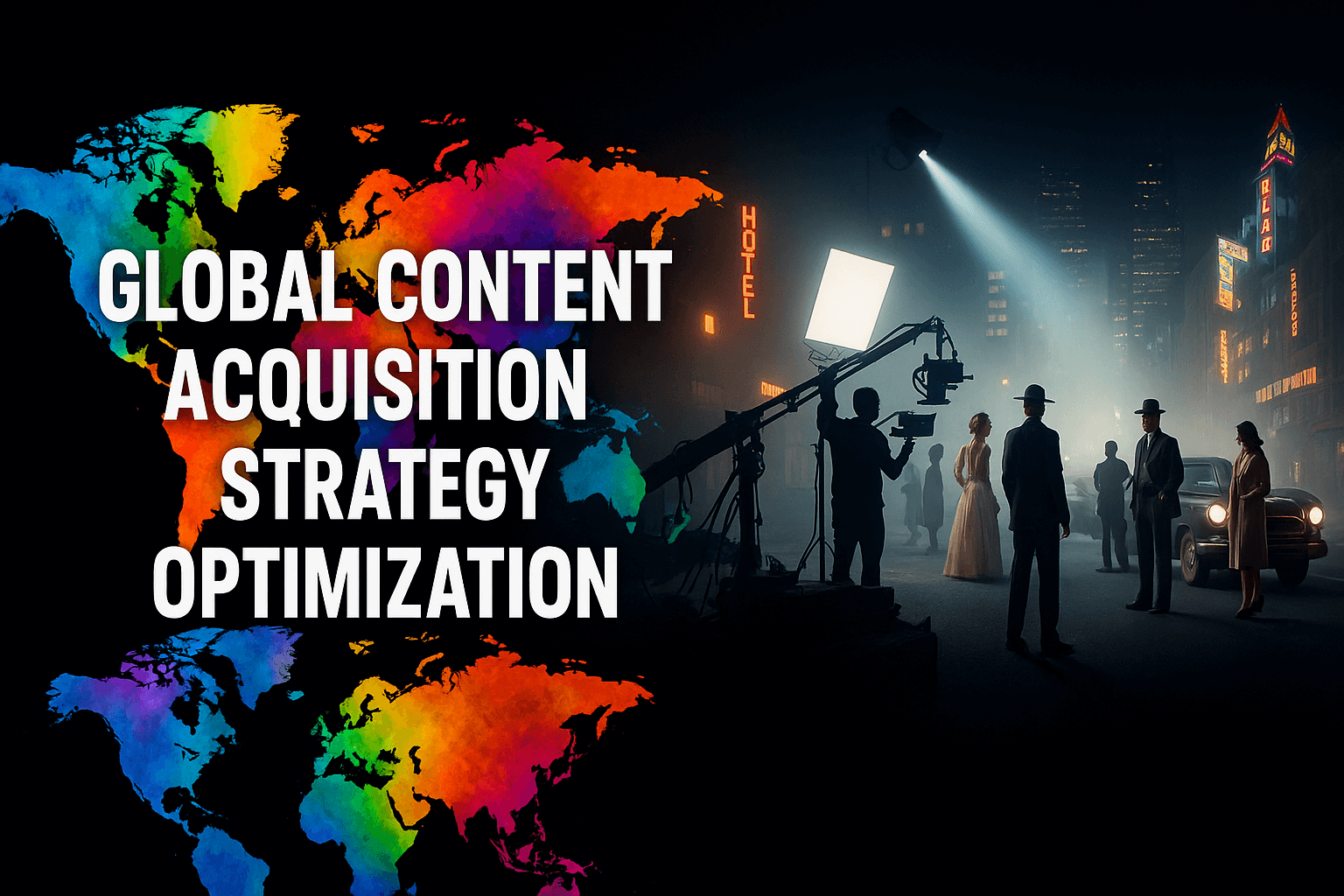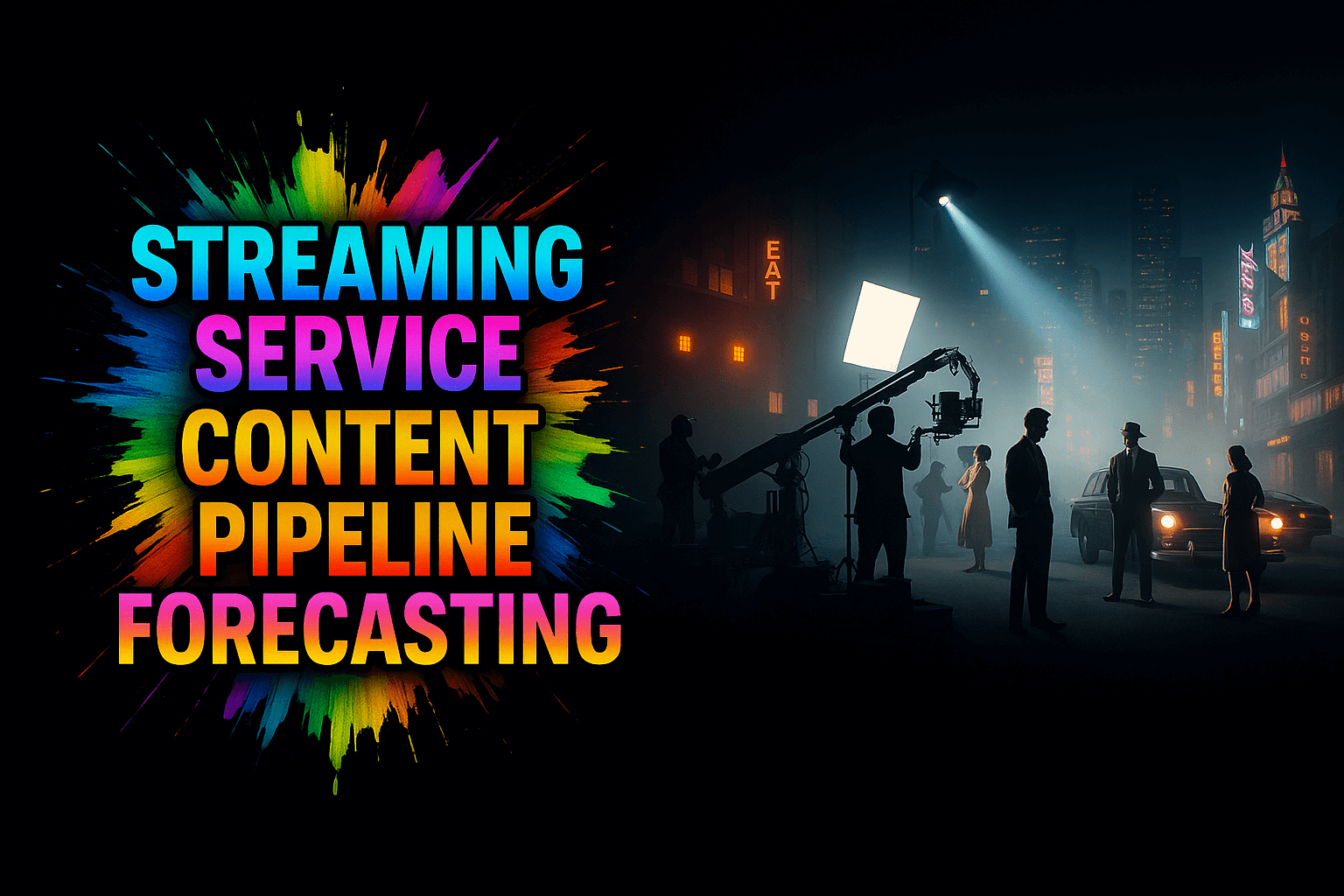In today’s rapidly evolving entertainment landscape, the impact of artificial intelligence on film theory cannot be ignored. As technology continues to advance at a rapid pace, it is crucial for industry professionals to understand how AI is shaping the way films are created, distributed, and consumed. In this article, we will explore the various ways in which AI is revolutionizing film theory and how it is influencing key decision-makers in the entertainment industry.
Introduction:
Have you ever wondered how artificial intelligence is changing the way films are made and consumed? As a Content Acquisition Executive or Content Distribution Leader, understanding the impact of AI on film theory is crucial for staying ahead in the competitive entertainment industry. From production to post-production, localization to audience development, AI is reshaping every aspect of the filmmaking process. Let’s delve deeper into this fascinating topic and discover the benefits it can bring to your organization.
Unleash Creativity with AI in Film

The Role of AI in Film Production:
AI is revolutionizing the way films are produced, making the process faster, more efficient, and cost-effective. Production House Executives and Post-Production Managers are increasingly turning to AI-powered tools for tasks such as script analysis, casting decisions, and visual effects creation. For example, ScriptBook uses AI algorithms to analyze scripts and predict their success at the box office, helping filmmakers make data-driven decisions. Similarly, companies like Cinelytic use AI to optimize casting choices based on audience preferences and market trends, reducing the risk of financial losses.
AI in Content Localization and Distribution:
For Localization Heads and Content Financing & Investment Executives, AI offers exciting opportunities to reach global audiences more effectively. AI-powered translation tools like SDL Language Cloud use natural language processing to provide accurate subtitles and dubbing for international markets, ensuring that content is accessible to a diverse audience. Additionally, AI algorithms can analyze viewer data to tailor content recommendations and distribution strategies, maximizing reach and engagement.
Empower Filmmaking with AI Expertise

The Impact of AI on Streaming Platforms and Broadcast Networks:
Streaming Platform Executives and Broadcast Network Programming Heads are leveraging AI to enhance user experience and drive subscriber growth. Platforms like Netflix use AI algorithms to personalize content recommendations based on viewing habits, increasing customer satisfaction and retention. Broadcast networks are also using AI for real-time audience analysis and content scheduling, optimizing programming decisions to maximize viewership and ad revenue.
AI in Sales, Marketing, and Business Development:
Sales & Business Development Directors and Marketing and Audience Development Leaders in Media are embracing AI to gain a competitive edge in the market. AI-powered analytics tools like IBM Watson Media provide valuable insights into audience behavior and content performance, enabling targeted marketing campaigns and strategic partnerships. By harnessing the power of AI, organizations can identify trends, predict consumer preferences, and drive revenue growth in a rapidly changing industry.
Real-World Examples:
One notable example of AI’s impact on film theory is the use of machine learning algorithms in script analysis. ScriptBook, a company founded by Danish filmmaker Nadia Moussaid, uses AI to evaluate scripts and predict their financial success. By analyzing elements such as dialogue, characters, themes, and genre, ScriptBook provides filmmakers with valuable insights into the commercial viability of their projects. This data-driven approach helps production companies make informed decisions about which scripts to greenlight, reducing the risk of box office failures.
Key Takeaways:
– AI is revolutionizing film production, distribution, and marketing, offering a wide range of benefits to industry professionals.
– By leveraging AI-powered tools and analytics, organizations can optimize decision-making, enhance user experience, and drive revenue growth.
– Understanding the impact of AI on film theory is essential for staying competitive in the rapidly evolving entertainment industry.
FAQs:
Q1: How can AI help production companies optimize casting decisions?
A: AI algorithms can analyze audience data and market trends to recommend actors who are likely to appeal to target demographics, reducing the risk of financial losses.
Q2: What role does AI play in content localization for international markets?
A: AI-powered translation tools can provide accurate subtitles and dubbing for global audiences, ensuring that content is accessible and engaging across different languages and cultures.



























